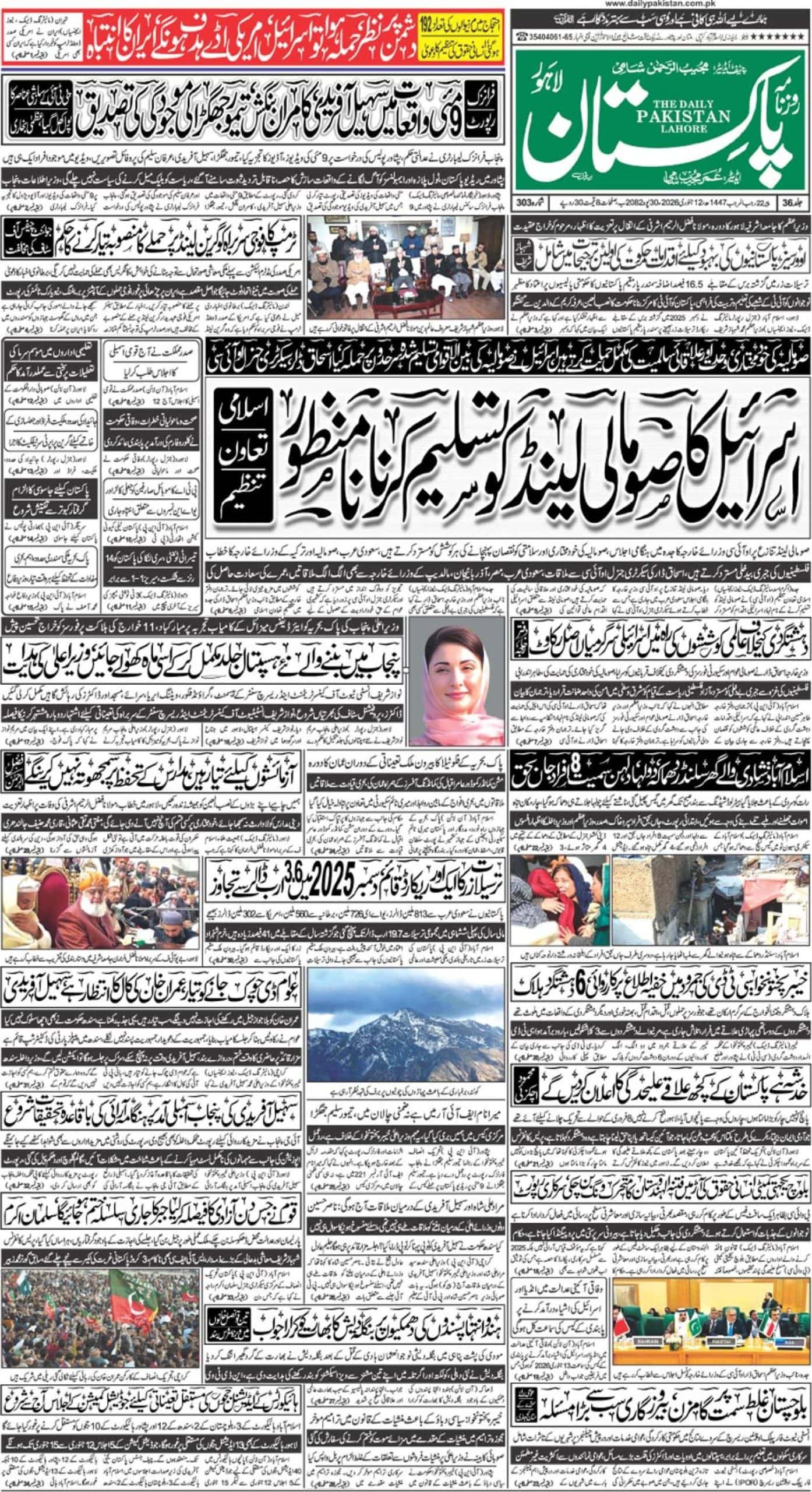LONDON (Web Desk) – PTI Chairman Imran Khan’s wife Reham Khan may face her ex-husband’s wrath in the future even if she may become First Lady in Pakistan, UK’s Mail Online newspaper reported on Sunday.
He told Mail Online newspaper that she is completely unprincipled (person).
Dr Rehman, 54, a consultant psychiatrist in Lincolnshire, accuses his former wife of slandering his good name and, despite the turmoil already affecting their inter-related families, is threatening legal action against her.
He says, bluntly, that she used him ‘like toilet paper to clean up her image’ after she found herself harshly criticised by traditionalists in Pakistan who saw Imran’s bride as far too Westernised.
This is the first time that Dr Rehman has agreed to be interviewed: for personal and professional reasons, he is wary of entering the public arena.

But Reham’s consistent refusal to apologise – and what he sees as continuing damage to his reputation – now means, he says, he has no choice.
He and Reham were together for 15 years before their divorce in 2006. He had put their time together well behind him when, in January of this year, he was astonished to see his former wife’s face all over national television.
He had no clue that Reham had met and married cricketing legend Imran, one of the most prominent and – for his sporting achievements at least – revered figures in Pakistan.
Imran, one-time husband of socialite and activist Jemima Goldsmith (they have two sons) is now the charismatic political leader of that country’s major opposition party.
But the idea of a second Westernised bride has not been welcomed by all.
Many consider her to be an unsuitable wife for a man who is now something of a Right-wing conservative, who has made much of his Islamic faith and who is seeking his country’s presidency.
It has been reported that even some members of Imran’s family agree.
Her detractors were even less impressed when she was forced to admit last month that she had embellished her CV, by wrongly claiming to have a postgraduate diploma in journalism from North Lindsey College in Lincolnshire.
That misrepresentation came as no surprise to Dr Rehman.
Bending the truth to fit her needs, he says, is something she often did when they were together – but never more devastatingly than when she effectively told the world that her ex-husband had abused her.
‘I have never spoken about my personal experience of domestic violence because I… felt it would be unfair to expose the other party,’ she said on Pakistani television.
Dr Rehman is still reeling and has demanded a public retraction.
‘Reham is completely unprincipled to have made this allegation,’ he says.
‘I never raised a hand against her, even when provoked by her hysterical attacks on me during our marriage. She’s damaged my reputation just because she wanted people to feel sorry for her.
‘For a woman with three children to leave her husband is not a done thing in our culture – unless she had very good reasons. That’s why she concocted the fictional stories about me being a bad husband and terrible father.
As for me not financially supporting my kids, how on earth could someone in my position working for the NHS get away with such a thing? After the divorce I paid 25 per cent of my £6,000 monthly salary to the Child Support Agency (CSA).
‘She continued to claim child benefit and my CSA contribution, even after leaving the country to resettle in Pakistan. I have proof that this went on for more than a year.
I certainly paid maintenance for all my children right up to 2014. I would like to see the matter investigated properly by the departments concerned.’
Tall and impressive, Dr Rehman bears a passing resemblance to Imran – they even share the same accented and richly mellifluous voice. In the elegant sitting room of his compact home on the edge of Warrington, he speaks calmly, insisting that he can prove every statement.
His attractive second wife, Sam, 34, also a doctor, hovers supportively, occasionally censoring his more contentious comments.
Despite his controlled demeanour he is fuming about the way his quiet life has been turned upside down. He explains that bosses at the hospital where he works told him to take two weeks off after the story broke in January.
‘If you put my name into the internet, the stories do not make me look good,’ he says. ‘I’ve stopped going out socially because whenever people hear my name they recognise me.
I’ve even had emails asking if I had ever beaten her.
‘Colleagues give me looks, as if wondering if there is any truth in it, and I worry that my patients might react badly.
I’ve been forced to go public because of the way the scandal has affected my life. It has caused me sleepless nights and deeply upset Sam.’
The final straw came when his eldest son, Sahir, 22, claimed that ‘our father has never supported us’, and in a tweet called his father ‘a scumbag’. Dr Rehman says the children went to private school until they moved into an area with a good grammar school.
After the divorce, his two older children refused to see him – and he blames his ex-wife for having ‘poisoned’ their minds against him.
The fallout has been especially toxic because their union had been bonded by blood – Dr Rehman’s mother and Reham’s father, a retired doctor, were siblings.
The attraction was, at least on Dr Rehman’s side, instant from their very first meeting in December 1991, at a family wedding in Pakistan.
Reham was a vivacious and confident 19-year-old just out of high school and, he recalls, unusually flirtatious for a woman in that society. A former child television presenter in Pakistan, Reham boldly made a play for the eligible bachelor who was already living and working as a doctor in Britain. Dr Rehman recalls: ‘We were sitting at the dining table one evening when she asked why I wasn’t married and I said I hadn’t met the right woman.
‘She looked straight at me and said, ‘The right woman could be sitting in front of you now.’
‘It was not a love match, but she was very attractive and quite bright. I felt she was someone I could live with. I did not even ask for a dowry.
But my family gave her so much jewellery that by the time she left me it was valued at about £100,000.’
They were married the following summer and started their new life together in hospital quarters at Guy’s in London. This was followed by a stint in Hull and two overseas posts – to Canada and Australia.
But he says Reham hated the constant sunshine and complained that it was making her go a shade darker. ‘She was always saying that she hated living in Pakistan because of the heat and made fun about the people there.’
Over time he grew disillusioned about his wife, who he considered to be attention-seeking and controlling. But it was only after they returned to UK in 1996 and settled in Hull that Dr Rehman realised just how much she enjoyed being the centre of attention.
‘At Asian parties male and females are usually separate but she always found an excuse to be with the men. She also wore very low-cut tops and dresses which were too short.
‘I’m not a narrow-minded person and didn’t expect her to wear traditional clothes, but she often went too far. Many times I had to point out this out and she would go ballistic if she didn’t get her way. I just gave in for a quiet life.’
He says she loved to brag, pretending they spent more money on things than they actually did. ‘She once bought a dress for $40 while we were on holidaying in America, but told friends it cost $400. She told people we paid £100,000 more for our house and said that our £37,000 car cost £50,000.’
By the time their third child was born in 2003, the marriage was falling apart. In 2004, Reham took the children to Pakistan for an extended stay and only returned after Dr Rehman promised to buy her a bigger house. He bought a £450,000 mansion with five bedrooms, five bathrooms, two drawing rooms and a sauna.
But Reham filed for divorce in 2005 and Dr Rehman left the house with just one suitcase. ‘She brought me down to nothing,’ he says.
‘She got everything – all the antique furniture that now graces the home she shares with Imran, £50,000 in cash, half my pension and my children. I was left with nothing but a mountain of debts after the divorce, and a £100,000 legal bill.’
So acrimonious was the split that the couple lost touch completely. But it seems this was the time that Reham’s journalism ambitions surfaced. She became a freelance, working on local radio and television and for a little-known cable programme, Legal TV, in Birmingham.
In 2008 she turned up on BBC South as a weather girl and occasional junior reporter, appearing in short skirts and high heels.
In 2012 she moved to Islamabad with the children and began her transformation in earnest.
Dr Rehman says: ‘I didn’t know she had left the UK until family and friends called to tell me they had seen her there on television.’
She says she met Imran when she went to interview him a couple of years ago. It is thought this interview took place in Pakistan but some detractors claim they developed an intimate friendship during one of his visits to the UK.
Either way, they kept the relationship clandestine for some time before secretly marrying.
Today, Reham has re-modelled herself as a modest Muslim wife as she ingratiates herself with the political elite. And despite criticism that led Imran last week to announce that she would not hold any positions in the party, contest elections or be given ‘official protocol’, given her meteoric rise to the top of the social and political ladder, it is surely just a matter of time before she bounces back.
A spokesman for Imran Khan said he was disappointed that Dr Rehman had chosen to speak about his family in public. He said Dr Rehman had not considered the impact on his children.
















